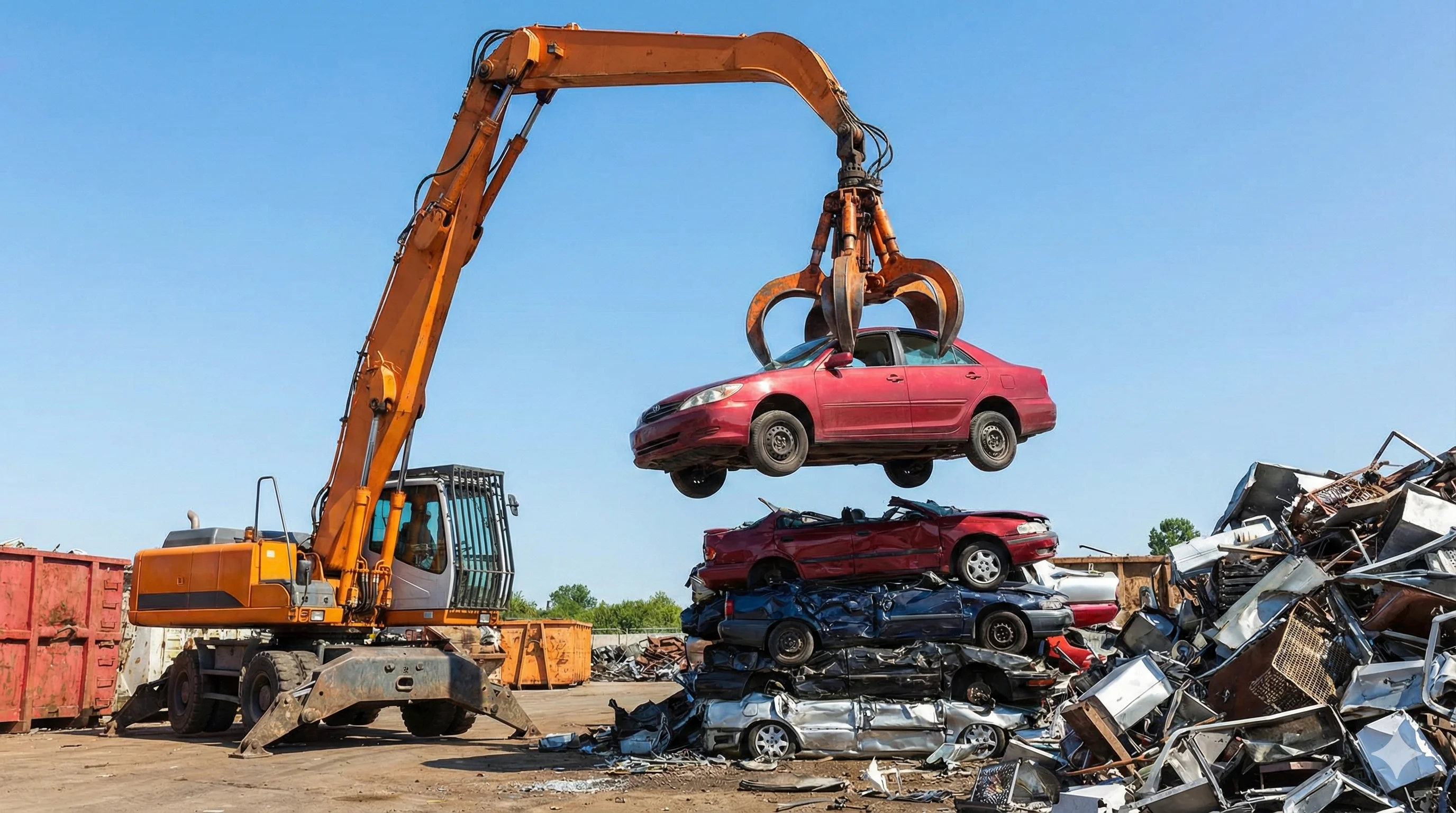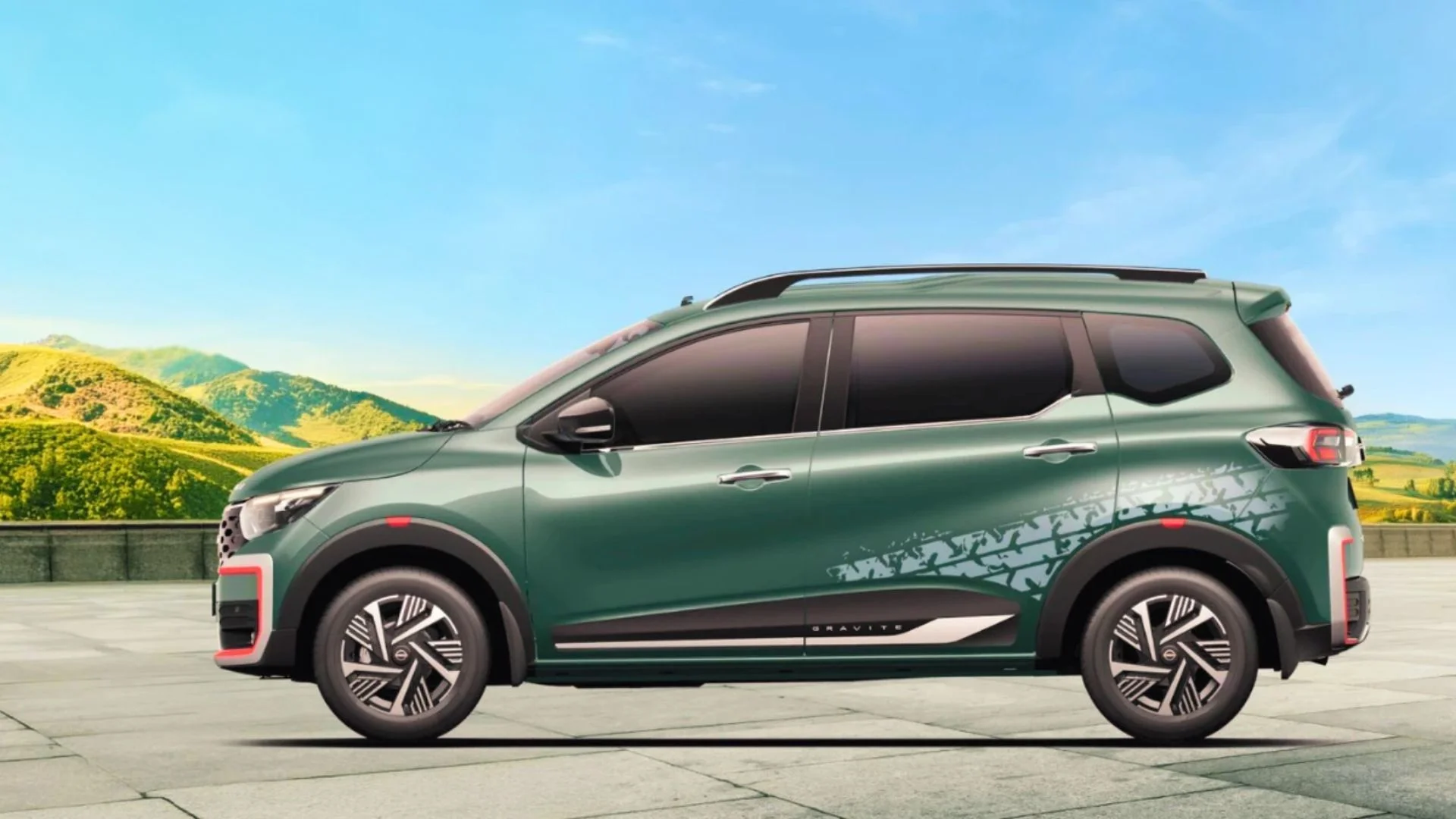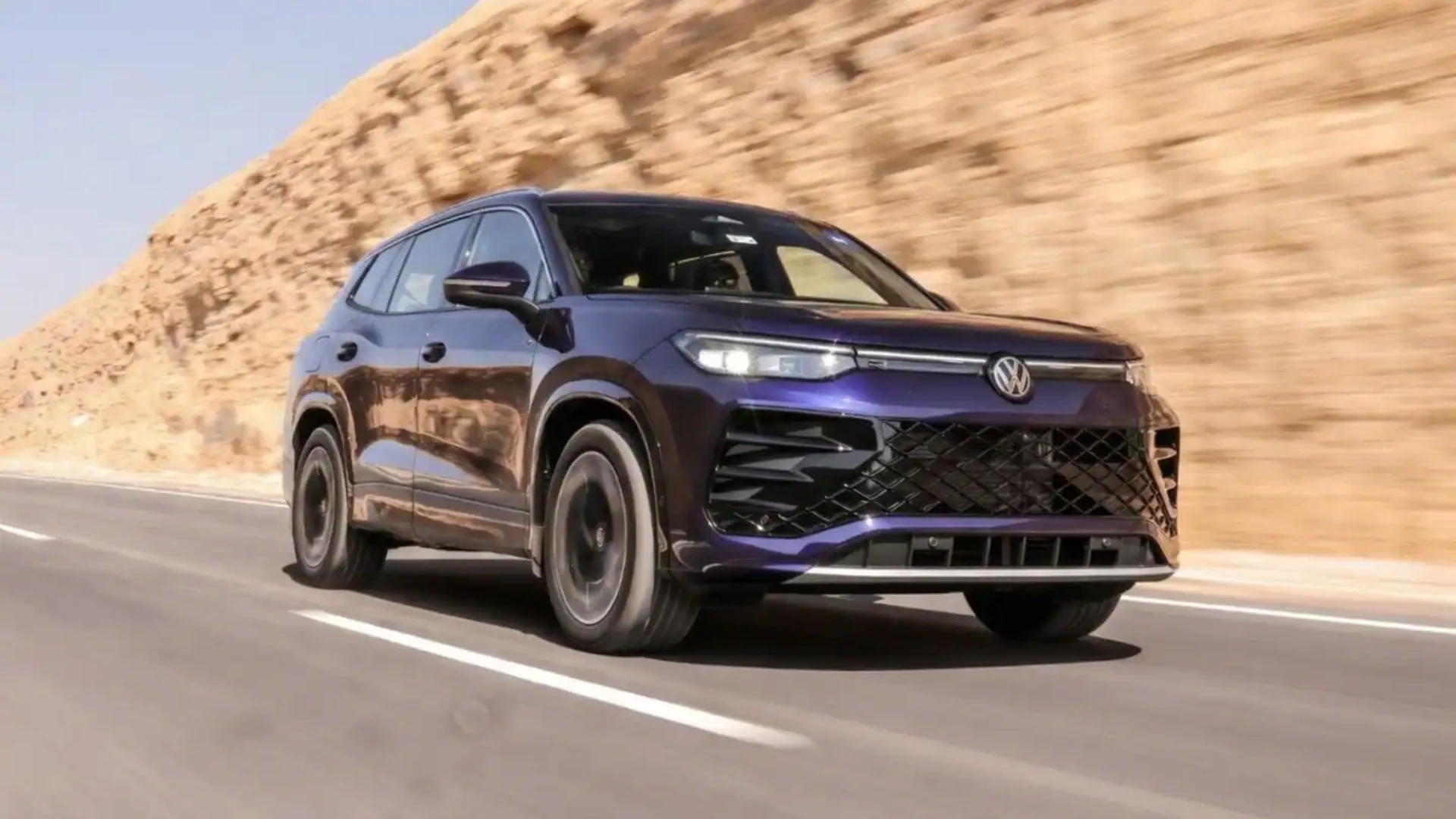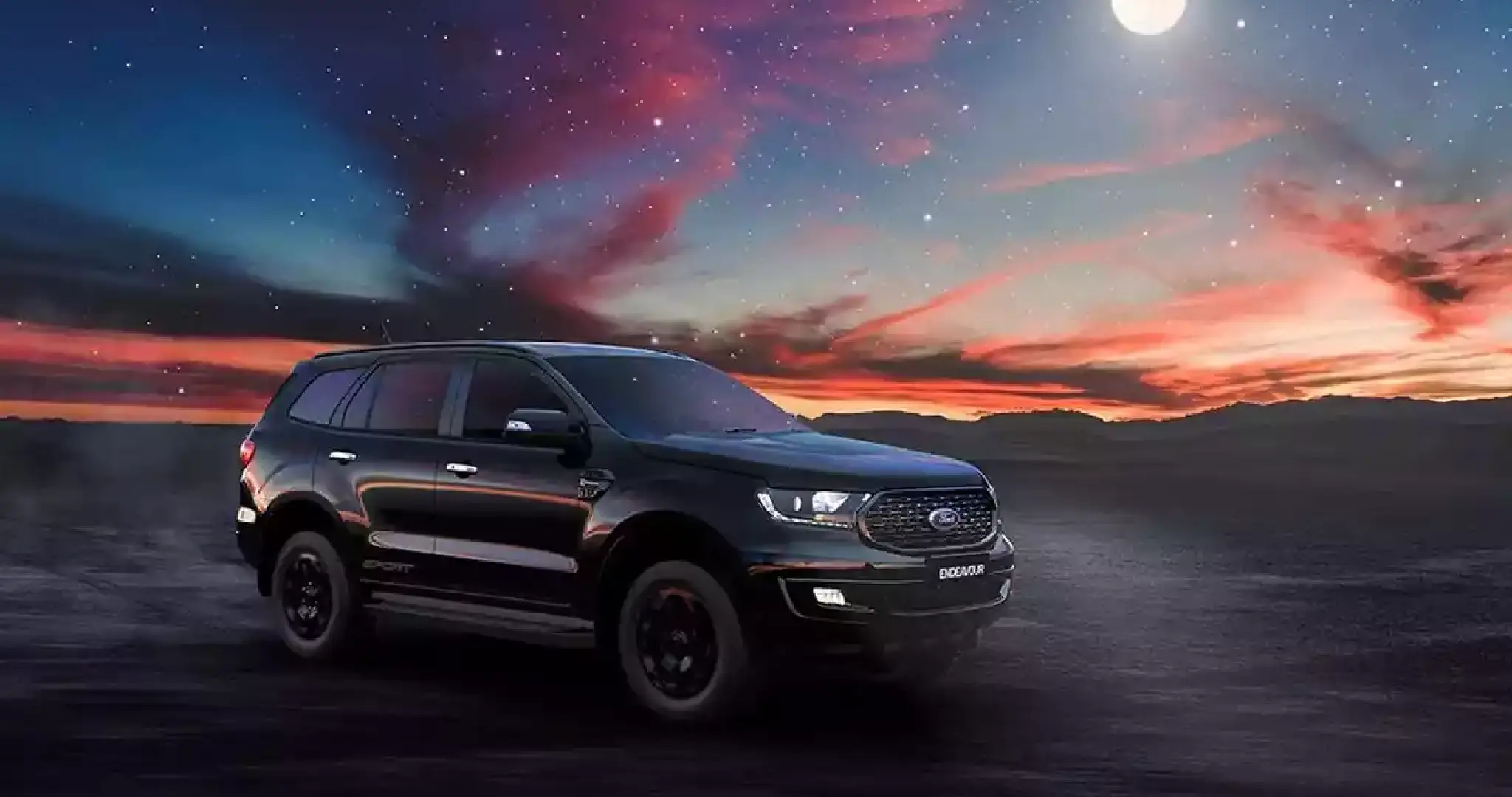
Table of Content
▼Will Ford Motor Company return to India remains a million dollar question?
It is now nearly three months since the American automaker called off the deal to sell its Maraimalai Nagar plant near Chennai to the JSW Group. Given that this was shelved pretty much at the last minute of negotiations, speculation was rife that Ford would seriously contemplate restarting operations in India.
Though there has been no official statement from the company to this effect, industry grapevine suggests that it is working towards a renewed electric and hybrid vehicle strategy which will kick off at the Chennai plant next year.
There is another school of thought that there is no way Ford will ever get back to selling cars in India.
However, what is quite clear is that the company's backend operations in the form of Ford Business Solutions in Chennai are growing from strength to strength. Its manpower strength is nearly 15,000 people, comprising some of the best brains in the software arena that focuses on virtual production engineering worldwide. To that extent, India is among the largest technology hubs for Ford worldwide, even after manufacturing cars has long come to a standstill.
Why then did the company decide to abandon the idea of selling the Chennai facility to the JSW Group? VinFast of Vietnam, which recently announced its intent to manufacture electric vehicles at Thoothukudi in Tamil Nadu, was also exploring the option of purchasing the Ford plant at some point. Clearly, there is no smoke without fire, but Ford's senior management is remaining silent, at least for now.
All of this is happening in the backdrop of tremendous global volatility where companies constantly coping with a host of uncertainties arising from geopolitical tensions. While West Asia and Europe are in the midst of wars, slow growth in China has the automotive world on edge.
China paranoia
Electric continues to be the biggest buzzword for carmakers globally, but there is now greater paranoia in Europe and the US about the threat of Chinese electric cars taking over their turf thanks to their killer pricing. As the West considers imposing tariffs on cars imported from China, enthusiasm for electric cars has waned, and hybrids are now being touted as a viable alternative. Even Tesla Motors, the electric mobility pioneer, thanks in large part to Elon Musk, is facing pressure from China's BYD.
In this context, Ford is perhaps weighing the options of rebooting its India operations. For over two decades since it first got into an alliance with Mahindra & Mahindra to assemble the Escort in the late 1990s, the company has had its share of ups and downs. The Detroit headquarters clearly did not have India as a focus area at a time when major Western markets were booming, but the 2008 Lehman crisis and the global slowdown that followed was enough to make global automakers love Ford, and realize they could. They will ignore India only at their own peril.
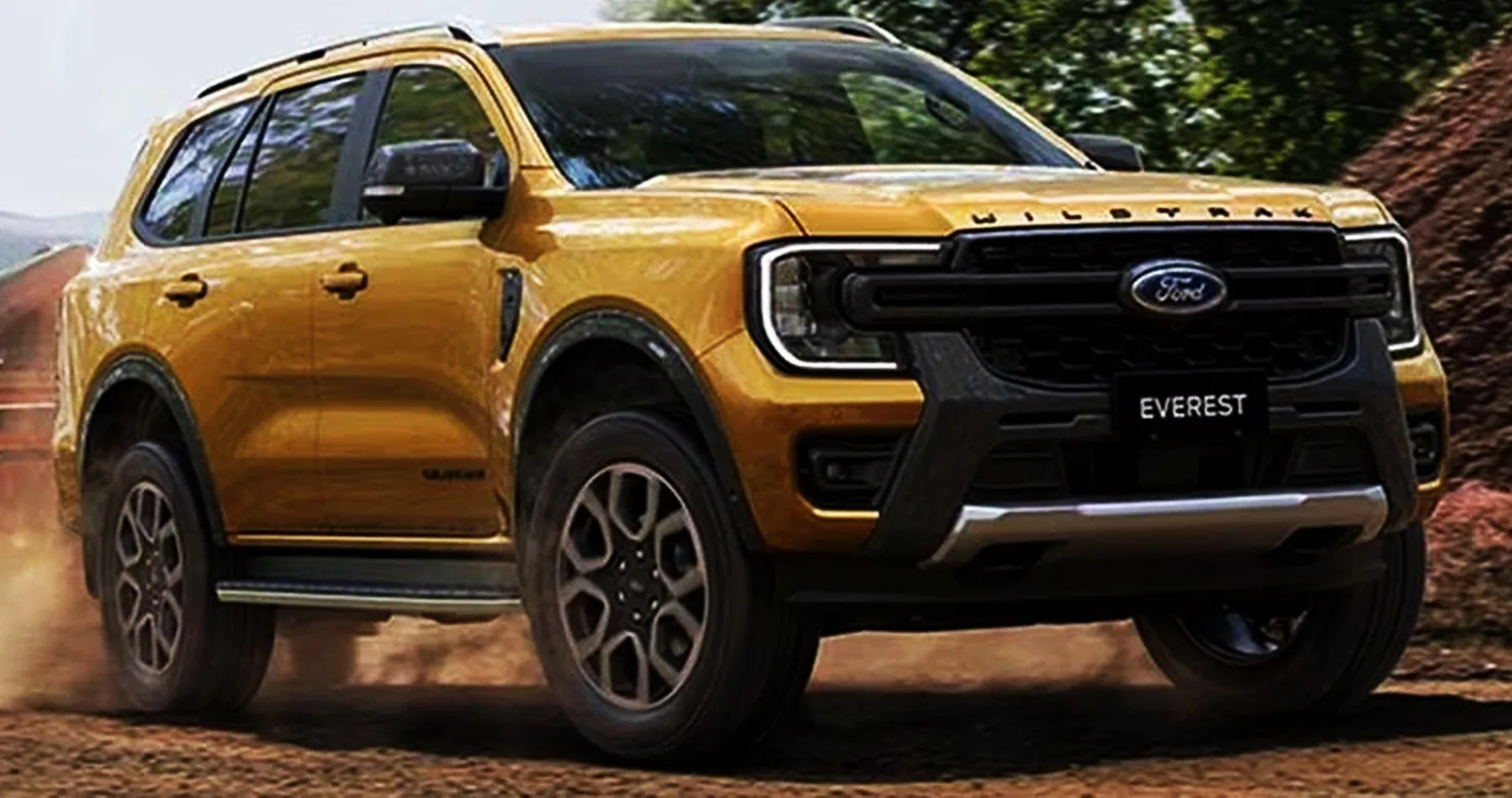
That's when Alan Mulally, President and CEO, created the One Ford model that would see greater rationalization of global platforms and allow certain regions to focus on their core strengths. While the primary goal was to keep costs under control, Mulally was quick to understand that a huge entity like Ford had to intelligently optimize its resources in order to compete globally, especially in emerging markets like India.
During a visit to India in 2013, he told this writer that Ford had been thinking about the future for many years, as the global economy was expanding, making it more necessary to continue investing for the long term. “The product, the production and the people are for the long term because we believe in global growth,” Mulally said during the interview.
One Ford
This was the core of the One Ford strategy, where the goal was to optimize the company's assets around the world and deliver world-class value to customers. However, the common global thread was that all buyers would see the best value. “They want the best in quality, fuel efficiency, safety and design because they make a lifestyle choice. It's no longer about bigger being better or small being cheap and cheerful. They want the best in class for every vehicle (size),” Mulally said.
Today, as Ford's CEO, Jim Farley would be only too aware that Ford needs to make the most of what India has to offer, especially when relations with China could swing in either direction. A leadership change in the White House this year could lead to greater political tensions with China, and companies like Ford need to have an alternative strategy to serve Asia-Pacific markets.
Perhaps India may well end up being the gateway for this purpose, while the company will pull out all the stops with its SUV range for the local market. Farley was part of the team that sought a strong second entry with M&M before Covid threw the world off balance and shelved plans. This time, the Ford CEO will be in a better position to handle his company's role in a rejuvenated Indian market.
Also Read: Honda Elevate attracts discounts of Rs. 50,000 in March 2024
Neha Mehlawat
Neha Mehlawat is an automotive journalist and industry analyst with 10+ years of experience covering cars, bikes, and mobility trends. She tracks the latest launches, technology upgrades, and policy changes in the auto sector, delivering sharp insights that help readers stay ahead in the fast-evolving world of automobiles.
